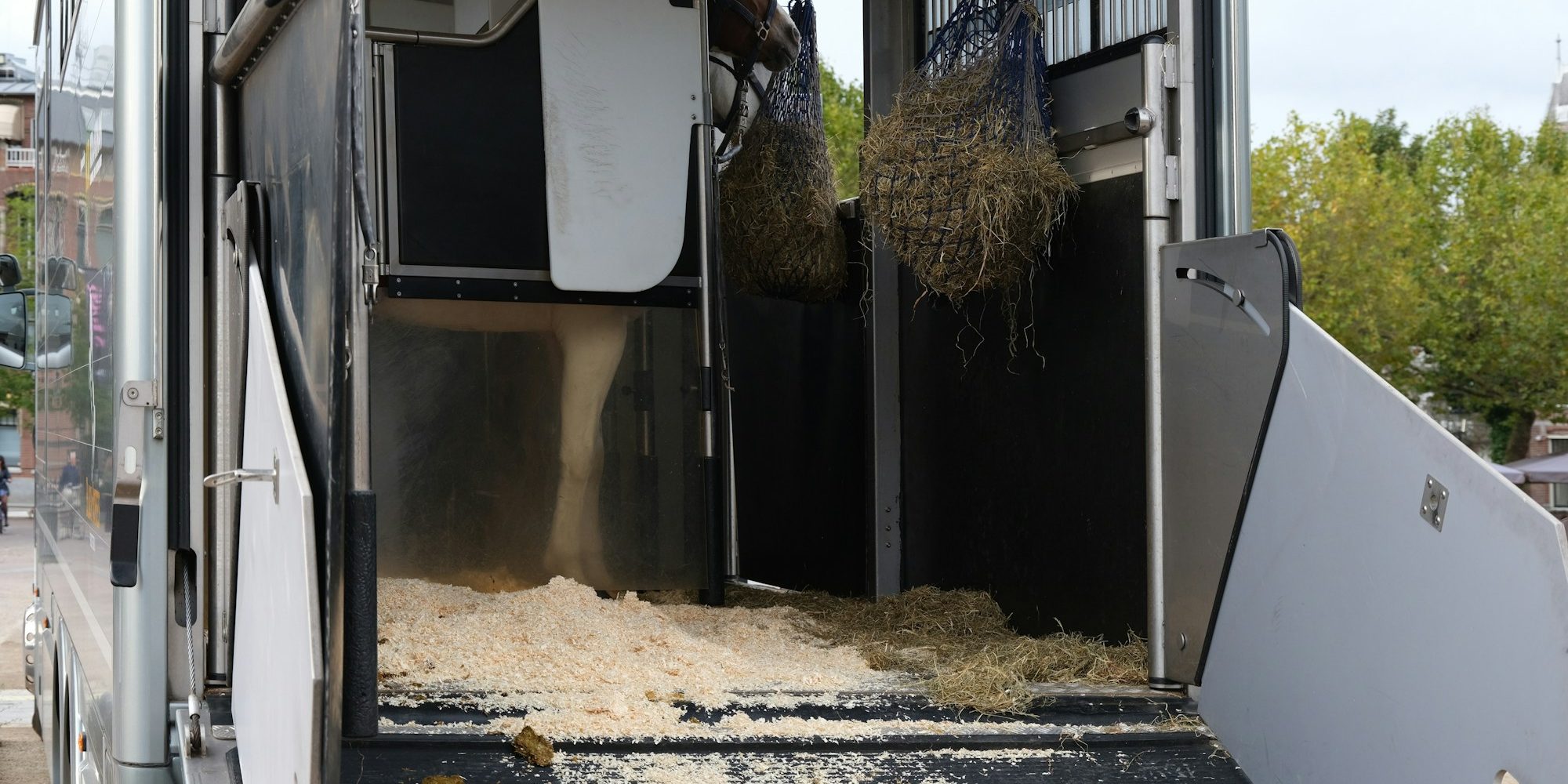Travelling with Horses: Tips for a Safe and Healthy Journey
Travelling with horses can present its challenges, but keeping your horses healthy before, during, and after transport is key to ensuring a successful event. Richard McKenzie, an equine vet and horse owner with over 35 years of experience, shares his expert tips on how to ensure your horse has a safe journey and arrives at your event ready to compete.
Pre-Travel Preparations
In the weeks leading up to the journey, it’s important to monitor your horse’s health. Pay close attention to their respiratory health, bodyweight, and temperature. If you notice any cough or nasal discharge, it may be worth investigating further. Blood tests and gastroscopy can help detect subtle signs of illness, such as gastric ulcers, that could affect your horse’s performance.
If your horse will be on a different diet during the event, it’s recommended to introduce the new diet gradually. This will help minimize the risk of gastric upset or colic while you’re away from home.
Medications and Vaccinations
Many medications and vaccinations have strict withholding periods, and it’s not recommended to administer them immediately before a competition due to the rare possibility of an adverse reaction. If your horse is on medication, consult with your vet to confirm the regulations and be aware that some medications may mask temperature changes, hide signs of travel-related illness, or suppress your horse’s appetite.
Hydration and Travel Essentials
Ensuring your horse is well-hydrated before the journey is essential. Pack quality hay, feed, and water from home to help maintain your horse’s routine. It’s crucial that travelling horses have access to forage and water every four hours during the trip.
Before loading your horses, take the time to inspect your truck or float. With the season nearly over, previous trips may have caused unnoticed wear and tear. Check tires, latches, and ensure there are no rattles or potential hazards that could cause issues during travel.
Post-Travel Care
Upon arrival at the event, allow your horse time to relax, eat, and drink before engaging in any exercise. Stay close and monitor their food and water intake, as colic, choke, and dehydration are common issues that can arise after long-distance travel.
Signs of dehydration to watch for include dull eyes, lack of appetite, depression, and weight loss. If your horse is reluctant to eat or drink, there are electrolyte and flavor-enhancing products that can stimulate their appetite. If your horse loses more than 5% of their body weight, consult a vet to administer fluids and help restore them to peak physical condition as quickly as possible.
Need Assistance?
If you have any concerns about your horse following your journey, don’t hesitate to contact the VS Equine team. Our vets will be onsite, offering comprehensive veterinary services to ensure your horse is in top shape throughout the event.
Contact the onsite vet team on 027 399 9953
Find us at Trade Site B01 or visit our website for more information www.vsequine.co.nz




